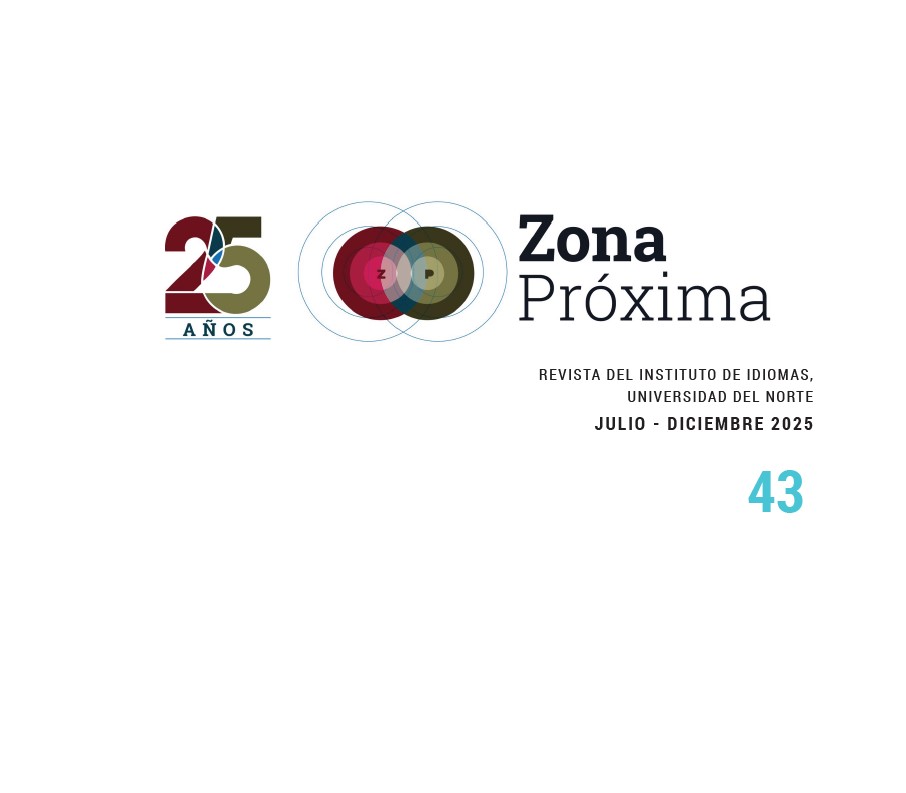Abstract
The regulation of learning and problem solving in individual and social contexts are today considered two key capabilities of the 21st century. In this article we aim to understand some of the interactions between social metacognitive regulation and collaborative problem solving, in particular solution generation, in the design of virtual learning environments. The methodological strategy used was discourse analysis, from the perspective of discursive psychology. An online learning environment using a video conferencing system was set up to record verbal interactions of pre-service teachers. Three characteristic social forms of thought or models of discursive interaction were characterized, namely: individual disconnection, individual connection and group connection. It was concluded that the recognition or not of one's own and others' versions of the generation of the solution fosters discursive synergies that strengthen or not the agreement and consensus, as well as relationships of solidarity and trust.
References
-


